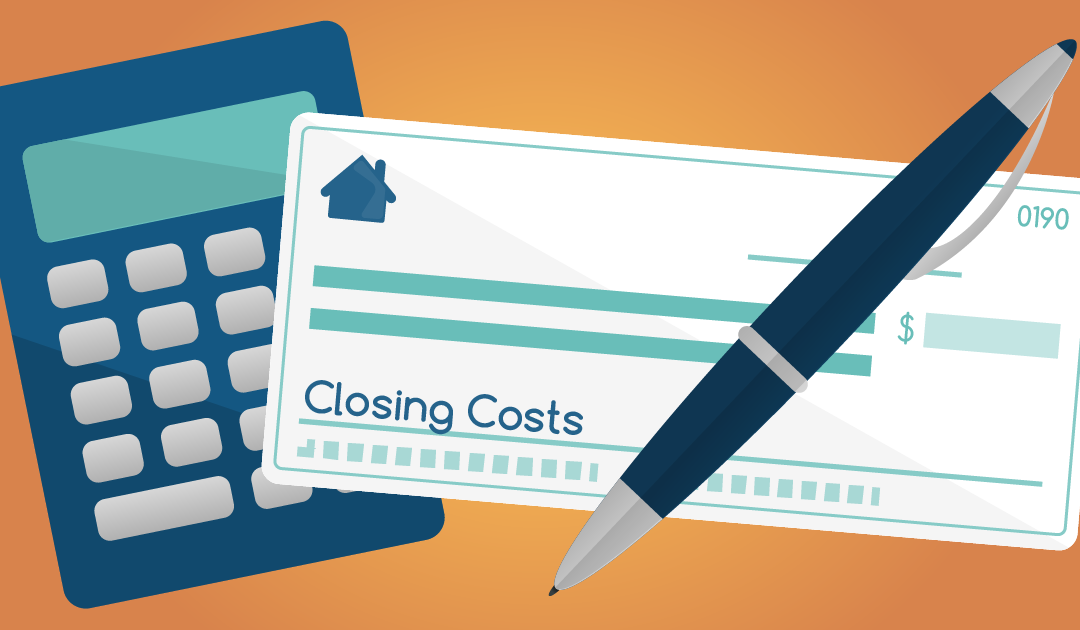Most of you who are new to the real estate market, or are planning to purchase a new property, might find it difficult to grapple with the real estate jargon used on the daily basis in this business.One of the most common terms that you would have heard would be closing costs and down payments. Yes these are both payments that you would be making, however it would be a mistake to think of them as the same; it could land you into a lot of trouble.
What are closing costs?
Closing costs are basically the costs that you incur when you get a home loan or close on a home mortgage. These may include lender origination fees, wire transfer and escrow handling fees, insurance premiums, and prepaid taxes. These expenses are over and above the purchase price of the real estate. In addition to this, the closing costs may vary for different areas depending on the transfer taxes, attorney charges and even the price of your mortgage stamps. They may even be different in the case of different lenders, who may charge you a different fee. It is important that you have a beforehand estimation of your closing costs to arrange for funds for payments in a timely manner.
What is a down payment?
Not to confuse it with closing costs, down payment is a certain portion of your purchase price that you need to pay upfront. It lowers the amount that you would need to arrange for the purchase, the rest, after deducting the down payment, is financed by the lender. The amount or percentage of down payment is established quite early on with the consent of the lender during your loan application process. These can go down to only 3.5%, mostly in the case of Federal Housing Administration (FHA) loans and even up to 20% for many conventional loans.
How are they different?
You are mostly presented with a lumped together figure on the closing table; it includes both the down payment amount as well as the closing costs. It is important that you are able to differentiate between them to understand why and where your money is going. Your HUD-1 Settlement Sheet mostly has your down payment and a list of your closing cost as well as other settlement charges stated clearly; this will help you in separating the two.
Both these costs are the responsibility of the buyer, however, in the case of closing costs, it is also possible to ask you lender to pay a certain portion or estimated value of the closing cost. The key is to intimate your lender about these costs beforehand. Nonetheless, in most cases where the buyer pays the closing costs, thinking that your down payment is the only cash overlay that you need to reserve for the purchase of a property can be a big mistake. Hence, preparing a budget that includes estimations of both your down payment and closing costs is important, both for applying for a loan and managing your finances.
Therefore, all those planning to invest in real estate must be familiar with what is meant by closing costs and down payments, as well as how they may differ.


Recent Comments